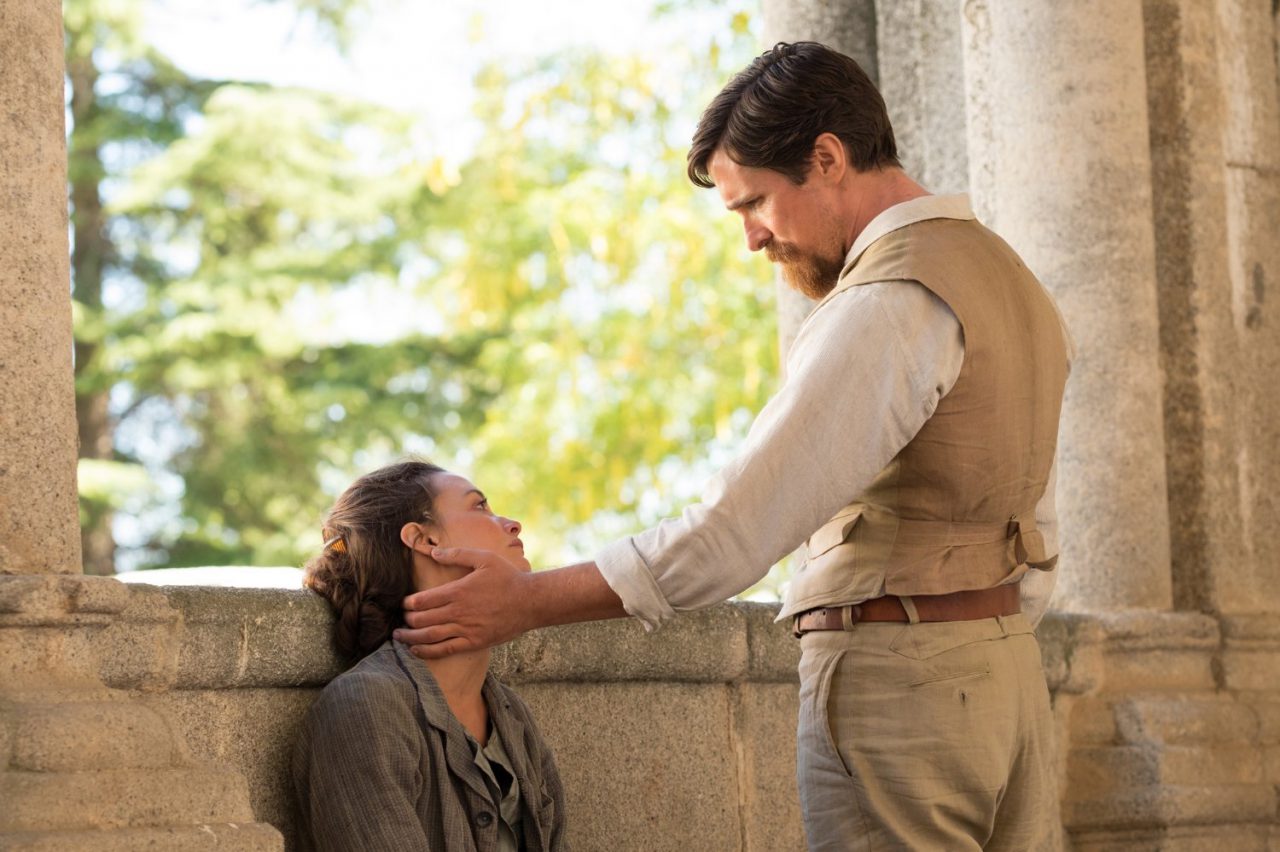Sometimes the story behind a movie is more interesting than the movie itself.
So it is with “The Promise,” a pet project of the late Kirk Kerkorian (one of the architects of modern Las Vegas and past owner of the M-G-M Studio), who devoted years and a chunk of his fortune to create a film about the Armenian genocide of 1915 – 1920.
Never heard of the Armenian genocide? Join the club. Giving ill-educated audiences a glimpse of this swept-under-the-rug apocalypse is “The Promise’s” very reason for being. (Kerkorian was the son of Armenian emigres to the U.S.)
Historians estimate that 1.5 million Armenians — members of a Christian minority within the Ottoman Empire — were systematically murdered during World War I.
To this day the Turkish government refuses to acknowledge that the slaughter — many see it as a sort of dry run for Hitler’s “final solution” — even took place.
In fact, a well-financed disinformation campaign currently is underway to dismiss the history presented in “The Promise.” After several preview screenings earlier this year, the film’s IMDb page was flooded with more than 86,000 user reviews with nearly two thirds of them negative. Apparently 86,000 persons showed up for a handful of preview screenings . . . not!
Clearly “The Promise” is punching buttons. But how is it as a movie?
Just O.K. his David Lean-ish effort (penned by Robin Swicord, an Oscar nominee for “The Curious Case of Benjamin Button”) offers a three-way romance set against the sweep of churning world events (see “Dr. Zhivago”). It’s been directed by Terry George, who a few years back gave us the equally earnest “Hotel Rwanda” about tribal genocide in Africa. Production values are generally good, and in some instances outstanding.
The lead players are solid and there are even some big-name cameos (Jean Reno, James Cromwell).
But “The Promise” is more memorable for its eye-opening history (it’s the first big-budget, widely released American movie ever about the Armenian genocide) than for its desultory personal drama.
Essentially, this is the story of Mikael Boghosian (Oscar Isaac), a young Armenian who leaves his remote village and comes to Constantinople in the years before World War I to study medicine. At the home of his wealthy merchant uncle, he meets Ana (Charlotte Le Bon), governess to his cousins. The two young people (she’s Armenian too) are attracted, but she is involved with American foreign correspondent Chris Meyers (Christian Bale). Mikael has a fiancé back home.
It is a time of growing anti-Armenian sentiments. As would be the case 20 years later with German Jews, Turkish Armenians don’t want to face the implications of the angry marchers and window-smashing mobs spreading across the city. Bale’s reporter smells a big ugly story and heads off to the boonies to document efforts by the Turkish army to round up Armenians, many of whom are marched out into the desert to die.
In Chis’s absence Mikael and Ana are thrown together for survival when the city erupts in violence. Love blossoms.
Then things get really ugly. Mikael is arrested, escapes from a slave labor camp, and returns to his hometown, eventually joining a group of Armenian partisans. The film’s climactic moments — nearly 4,000 Armenian refugees fight their way to the sea where a French battleship offers hope of rescue — is based on a real event.
Isaac, Bale and Le Bon are fine actors, but the material they are working with is nothing special. Yes, talking about the Armenian genocide is important (history ignored is history we’ll have to live through again). But much of “The Promise” has a canned, pre-packaged feel that fails to engage.









